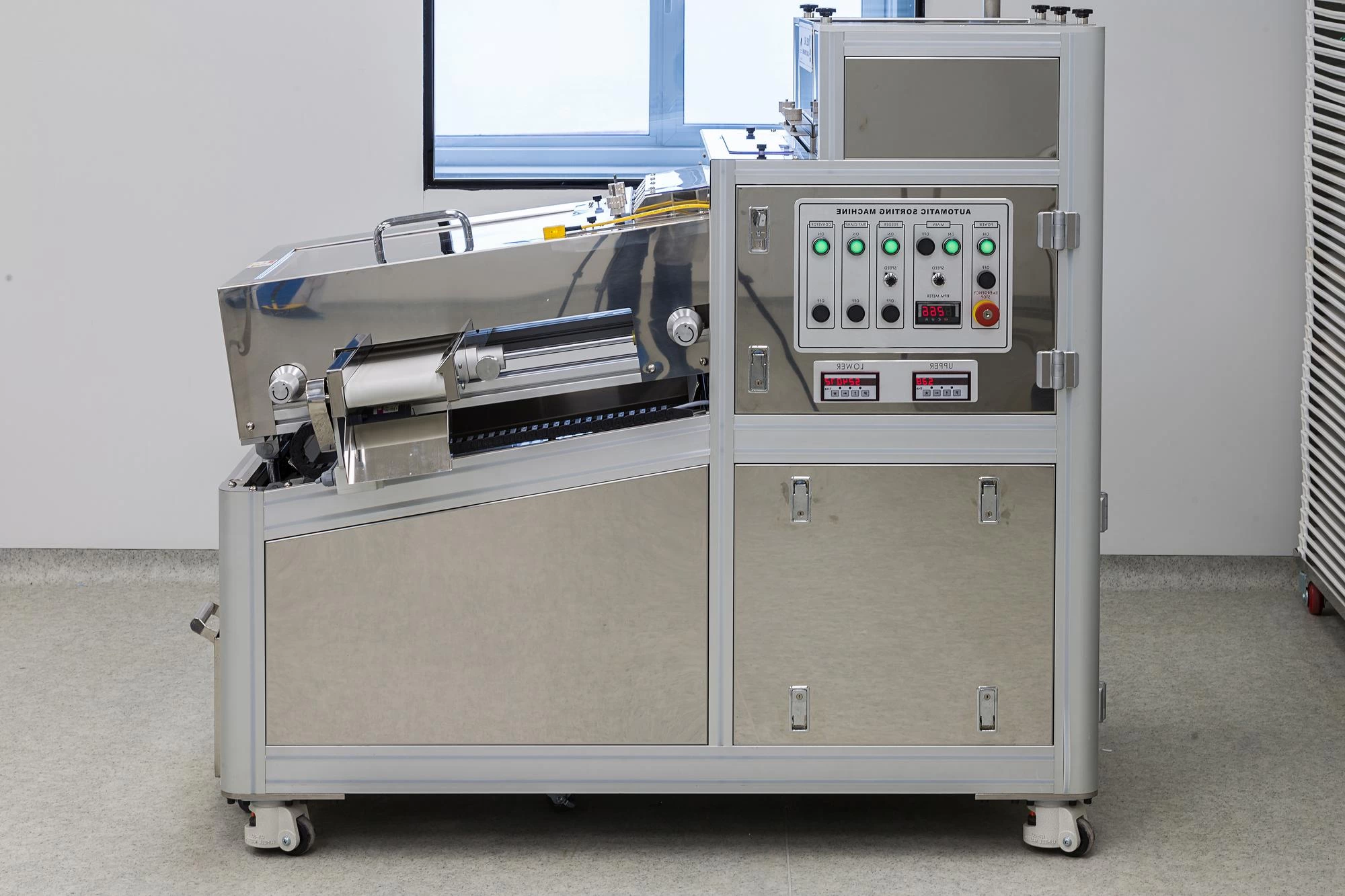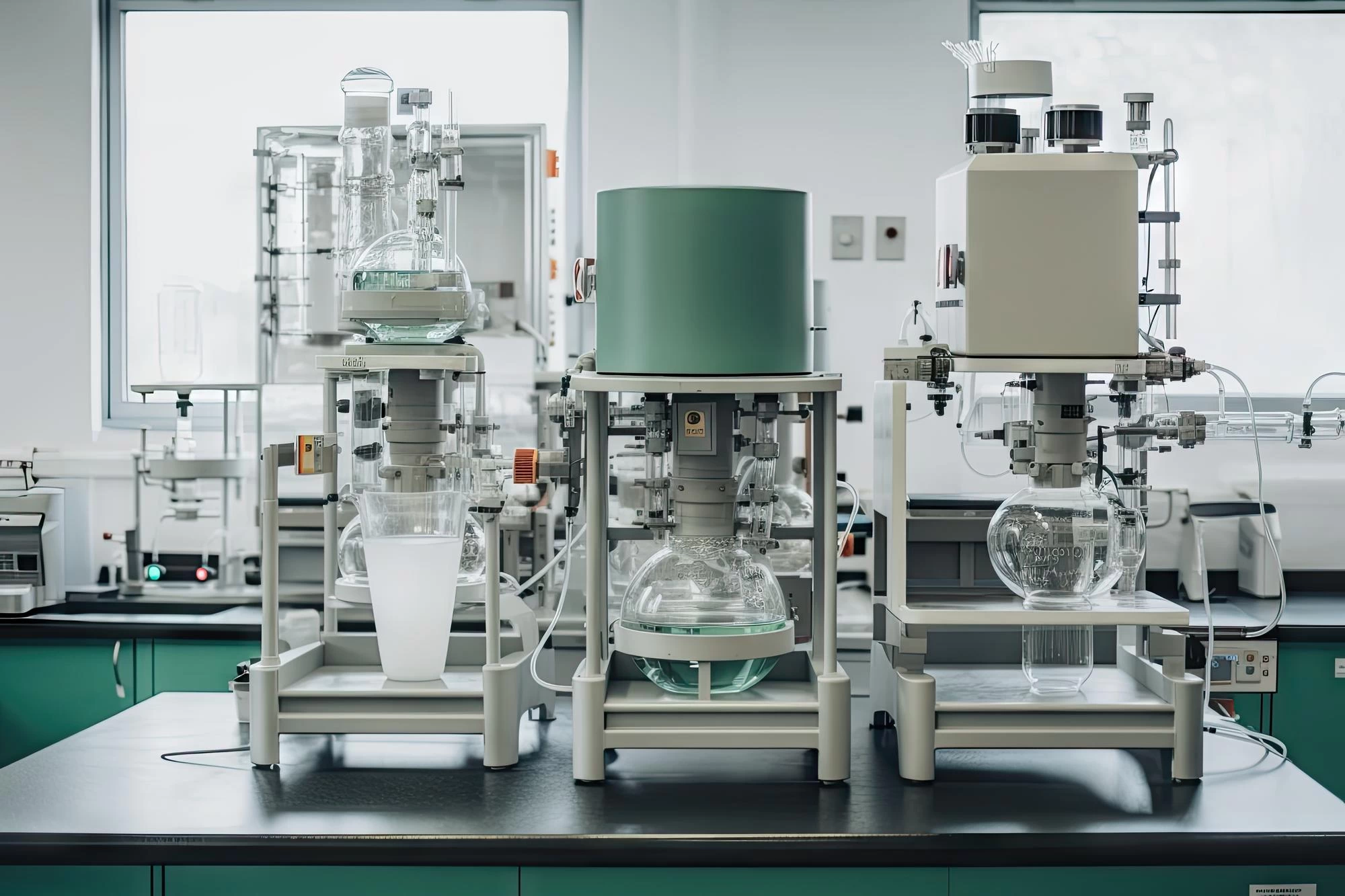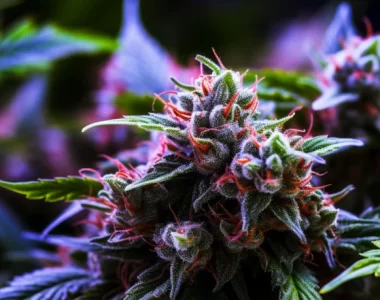Introduction to Hemp Extraction Methods
As the demand for hemp-derived products continues to soar, more and more companies are turning to various Hemp Extraction Methods to obtain the valuable compounds found in this versatile plant. However, with so many different extraction methods available, it can be challenging to determine which one is best for your needs. This article will explore the top two popular hemp extraction methods: CO2 and Ethanol. By understanding the differences between hemp extraction methods, you can decide which method suits your customers. So let’s dive in!
CO2 Extraction
CO2 extraction is a process that uses pressurized carbon dioxide to extract the desired compounds from hemp. The CO2 acts as a solvent, dissolving the cannabinoids and other beneficial components of the plant material.
This method has become increasingly popular in recent years because it is considered to be one of the safest and most efficient ways to extract hemp oil. Unlike ethanol extraction, which can leave behind residual solvents, CO2 extraction leaves no trace chemicals in the final product.
Another advantage of CO2 extraction is that it allows for precise control over temperature and pressure. This means that manufacturers can target specific compounds within the plant material, resulting in a more consistent and potent end product.
However, there are also some drawbacks to using this method. Operating effectively requires expensive equipment and expertise, making it less accessible for smaller-scale producers. Additionally, the process itself can be time-consuming and labor-intensive.
Despite these challenges, many consider CO2 extraction to be the gold standard of hemp extraction methods due to its purity and potency.
Ethanol Extraction
Ethanol extraction is another popular method used to extract hemp oil from the plant material. This process involves soaking the hemp in ethanol, which acts as a solvent to dissolve and separate the cannabinoids and other beneficial compounds from the plant matter.
During this process, the ethanol solution is filtered to remove any remaining plant material before being evaporated, leaving behind a concentrated mixture of cannabinoids and terpenes that can be used for various purposes.
One of the benefits of ethanol extraction is its ability to produce high-quality full-spectrum extracts that contain all of the beneficial compounds found in hemp plants. Additionally, it’s a cost-effective method that requires less specialized equipment than CO2 extraction.
However, there are some downsides to using ethanol extraction. One issue is that it can sometimes strip away some of the more delicate aromatic compounds found in hemp plants, leading to a slightly less flavorful end product. It also requires careful attention during processing since residual solvents left behind can be harmful if not removed properly.
CO2 and ethanol extraction have their strengths and weaknesses when producing high-quality hemp extracts—the choice between hemp extraction methods depends on several factors, including desired outcomes and budget constraints.
Which Of The Hemp Extraction Methods Are Best?
When it comes to choosing between CO2 extraction and ethanol extraction, there is no clear-cut answer as to which method is best. Each method has its own advantages and disadvantages, depending on the desired end product.
CO2 extraction is considered by many to be the most efficient and effective method of extracting hemp oil. It produces a clean and potent extract that retains all the beneficial compounds in hemp plants. However, this process requires expensive equipment and expertise, making it less accessible for small-scale producers.
On the other hand, ethanol extraction may be a more cost-effective option for smaller businesses or DIY enthusiasts. This method involves soaking the plant material in high-proof alcohol to extract cannabinoids and other beneficial compounds from the hemp plant. While some argue that this process can produce a less pure final product, others prefer it because it allows for greater control over the final concentrate’s flavor profile.
Ultimately, your choice between hemp extraction methods will depend on your specific needs, budget, and available resources. Both methods have been proven successful when done correctly with proper attention paid towards quality control standards throughout production processes leading up until producing marketable products or extracts with consistent performance over time. How the hemp products are manufactured also plays a role.
Conclusion
After discussing the two most popular hemp extraction methods, it’s evident that each method has its pros and cons. CO2 extraction is an excellent option if you’re looking for high-quality CBD oil without any harmful solvents or chemicals. However, this process requires expensive equipment and can be time-consuming.
On the other hand, ethanol extraction is a more cost-effective way to extract CBD from hemp plants. This method is faster than CO2 extraction but may leave trace amounts of ethanol in the final product unless processed correctly.
Ultimately, choosing which method to use depends on your priorities and budget. If purity and quality are at the top of your list, then CO2 extraction might be worth considering despite its higher price tag. But if affordability and speed are more important factors for you, then ethanol extraction could be a better fit.
In summary, hemp extraction methods significantly determine the overall quality of CBD products available today. It’s essential to research various brands before purchasing since not all CBD oils are created equal! Customers that want a more organic experience will prefer the C02 methods, while those who do not care will purchase either.






